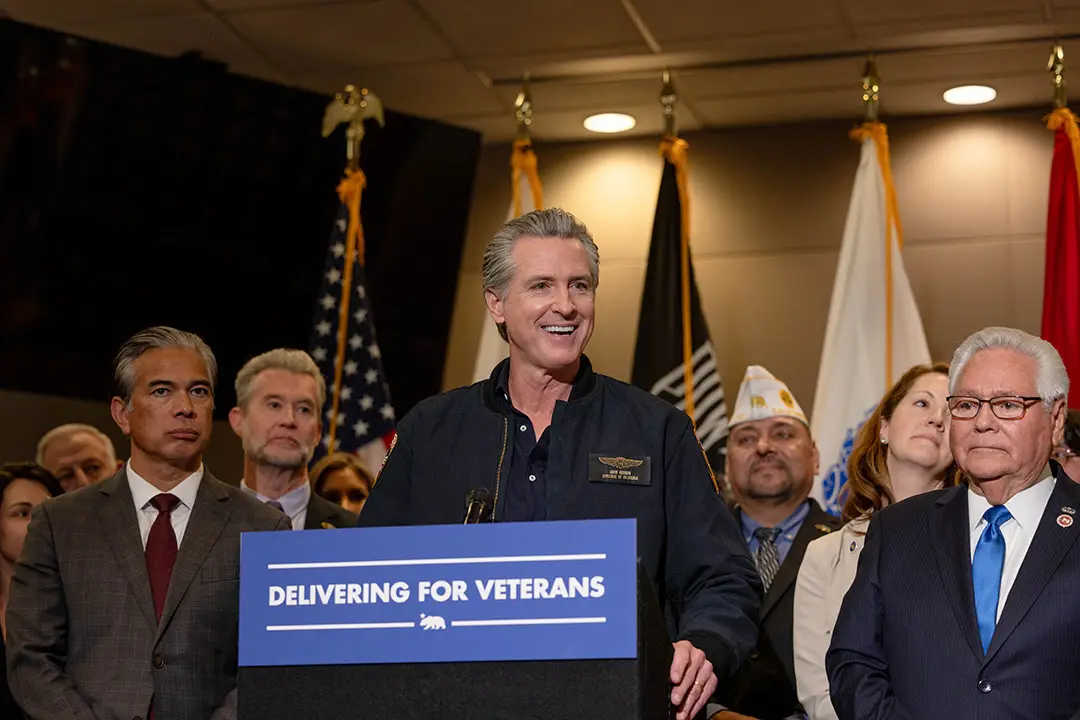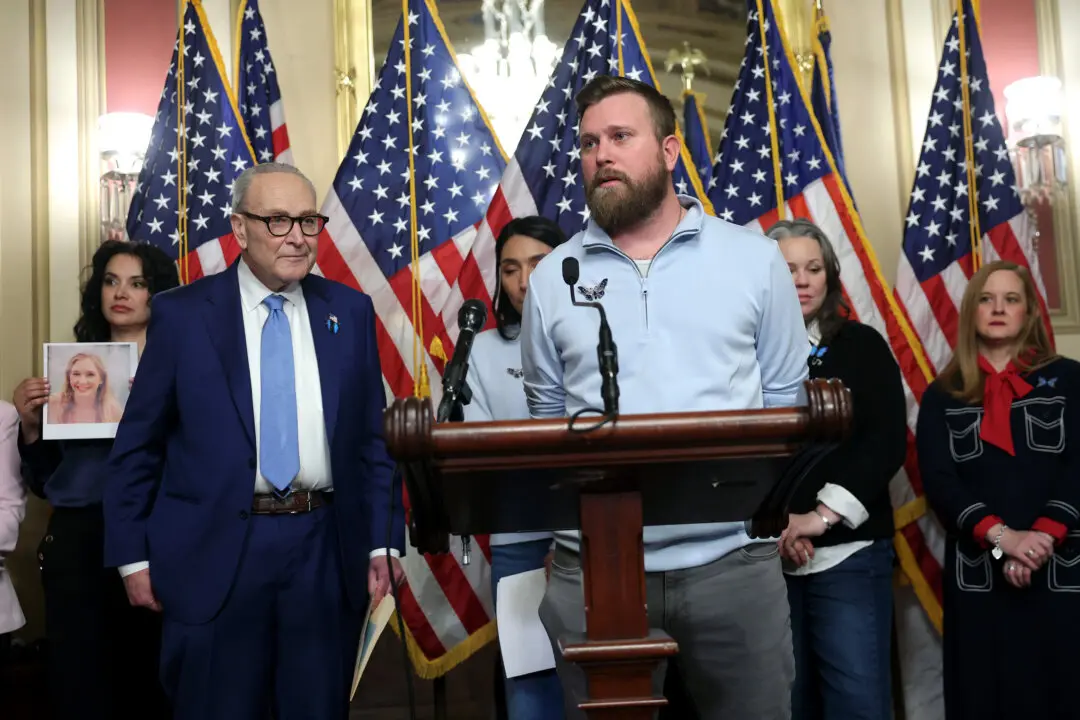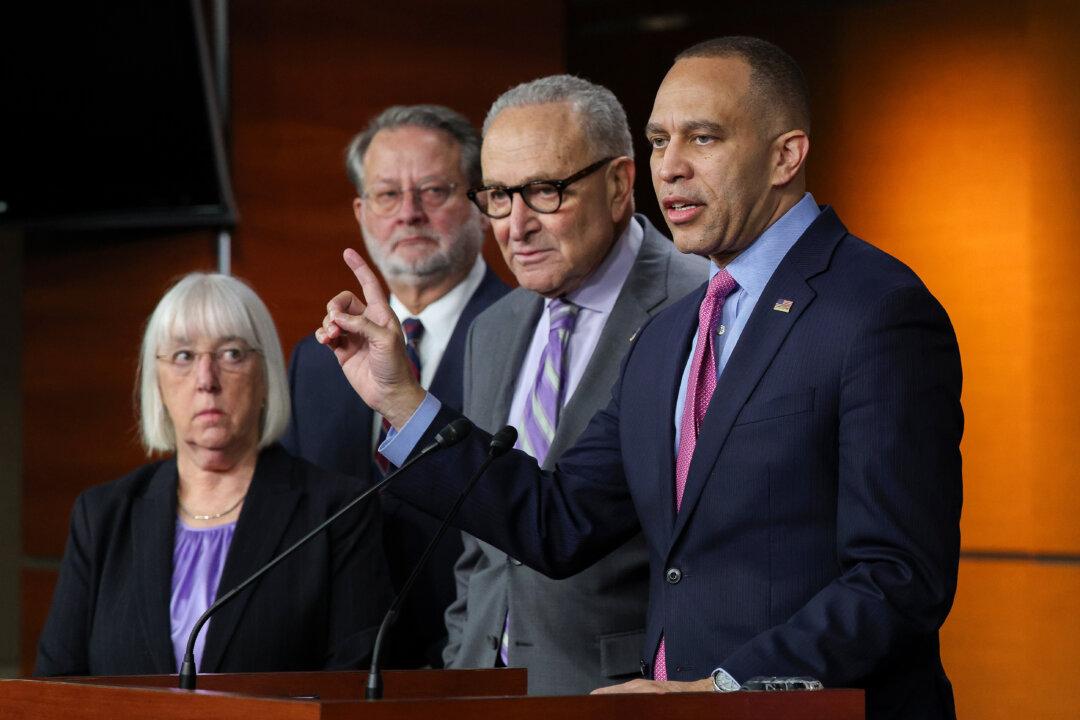A New York jury found embattled Ozy Media Inc. CEO Carlos Watson guilty of three counts of fraud in a multi-million dollar fraud scheme on Tuesday, July 16, the U.S. Department of Justice (DOJ) for the Eastern District of New York said in a post on X.
Charges against Mr. Watson, the founder and CEO of the company and former MSNBC personality, were unsealed in February 2023 with the DOJ charging him with conspiracy to commit securities fraud, conspiracy to commit wire fraud, and aggravated identity theft for the impersonation of several media executives.





